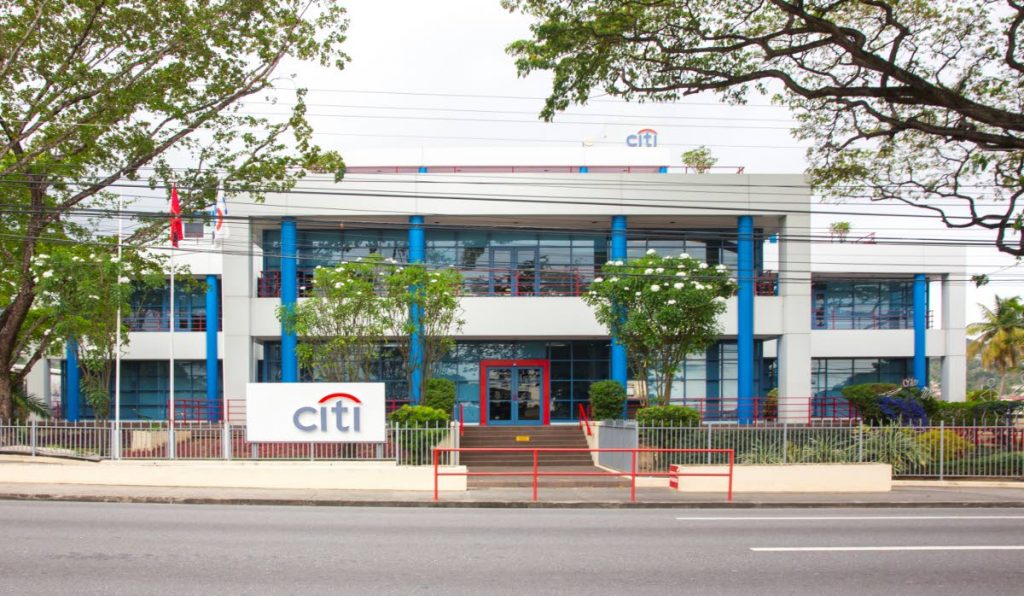TT-US ties must be strong

AS shifting international dynamics see the rise of new global superpowers who are establishing a stronger presence in the region, the American Chamber of Commerce of TT (Amcham) is reiterating the importance of the TT-US trade relationship.
The US is TT’s top economic partner, and according to the latest US Commerce Department statistics, it’s growing annually. Revised numbers show that trade in goods between TT and the US increased nearly 13 per cent (US$650 million) in 2018 to US$5.8 billion.
And in a Facebook post on June 26, the US Embassy noted that Ambassador Joseph Mondello, in his very first speeches when he arrived last year, committed to strengthening the TT business and investment climate. Balanced trade relationships like that between the US and TT can lead to greater prosperity and opportunities in both countries, the embassy said.
In 2018, TT actually had a US$1.55 billion trade surplus with the US. Over 40 per cent of all TT’s trade goes to the US.
In her speech at Amcham’s annual general meeting on June 28, the organisation’s president, Patricia Ghany, said that while both countries have held different policy positions in some instances (most recently, Venezuela) “we have always managed to have extremely strong and close ties.”
Evidence of this, she said, can be seen from the US side, in the high calibre of the US ambassadors to Port of Spain. Former ambassadors Roy Austin, Beatrice Welters and John Estrada were all distinguished in their respective fields and had close relationships with the sitting US presidents during their time. The same applies to the current ambassador. “We should not take the US’s interest in having diplomatic representation in TT with direct ties to the White House lightly.”
She made the comparison to Chinese-TT trade, which Ambassador Song Yumin, at a recent reception celebrating 45 years of diplomatic ties between TT and China, said was US$732 million last year. “(That) figure is less than 15 per cent of US-TT trade in goods alone.”
Major multinationals like Citi, Nu Iron (a subsidiary of steel giant Nucor), EOG, GE, Pan-American Life Insurance Group and Microsoft are just some of US companies that operate in TT, Ghany noted. “(They) and so many more continue to provide jobs and are responsible corporate citizens. It is our hope that we can build on this and attract more US investment and build more TT-US trade in the coming years.”
The reality, though, is that doing business in TT is becoming increasingly difficult – even more so as geopolitics gets more complicated.
“We live in a complex and fast-changing environment which includes as many challenges as it does opportunities. At present, we are experiencing greater international complexity probably than we have seen since the fall of the Berlin Wall.” The chamber, then, needs to plan strategically for the future.
“We need to be nimble and embrace change. The old ways of doing things may not be completely relevant to the current context. But to move an entire society into a different era, we need leadership and collaboration. Not just leadership from the government – although that is very important – but leadership from the business community, for we too have to change; leadership from the labour movement, for they too need to become relevant again; leadership from the professional class; leadership within communities and personally, we all have to take more individual responsibility for our society.”
Two years ago, the chamber called for more bi-partisanship in Parliament, but while there have been glimmers of hope, it’s not been sustainable. “The modernisation of our state cannot happen in the current hyper-politicised environment. We need to work together. We have to agree on national goals and collaborate. Both parties can do a better job.”
The furore over the Freedom of Information Act amendments, were, she said, unnecessary.
“If the Government had consulted beforehand, I’m sure they would have been congratulated for making the process of attaining public information simpler. But by not consulting, by not collaborating, what should have been something good became almost toxic.”
The rest of the Caribbean, it seems, is pulling way ahead of TT and are embracing the change necessary for a more transparent, competitive and facilitative environment that encourages trade.
“Our counterparts in the Caribbean have recognised the need to shift the way they work and may soon surpass us and beings recognised as the commercial capital of the Caribbean,” Ghany cautioned.
Jamaica for example, is reducing its debt and improving its ease of doing business, while TT is doing the opposite. Guyana is investing in renewables looking to monetise hydrocarbons, while TT, after more than 110 years of petroleum, is still scrambling to move toward alternative sources of energy. Barbados has taken this country’s idea to initiate the process of exploring the possibility of making one of their airports a pre-clearance port, while TT still cannot seem to even write a letter to the US to start that process.
“We have to do better.”

Comments
"TT-US ties must be strong"